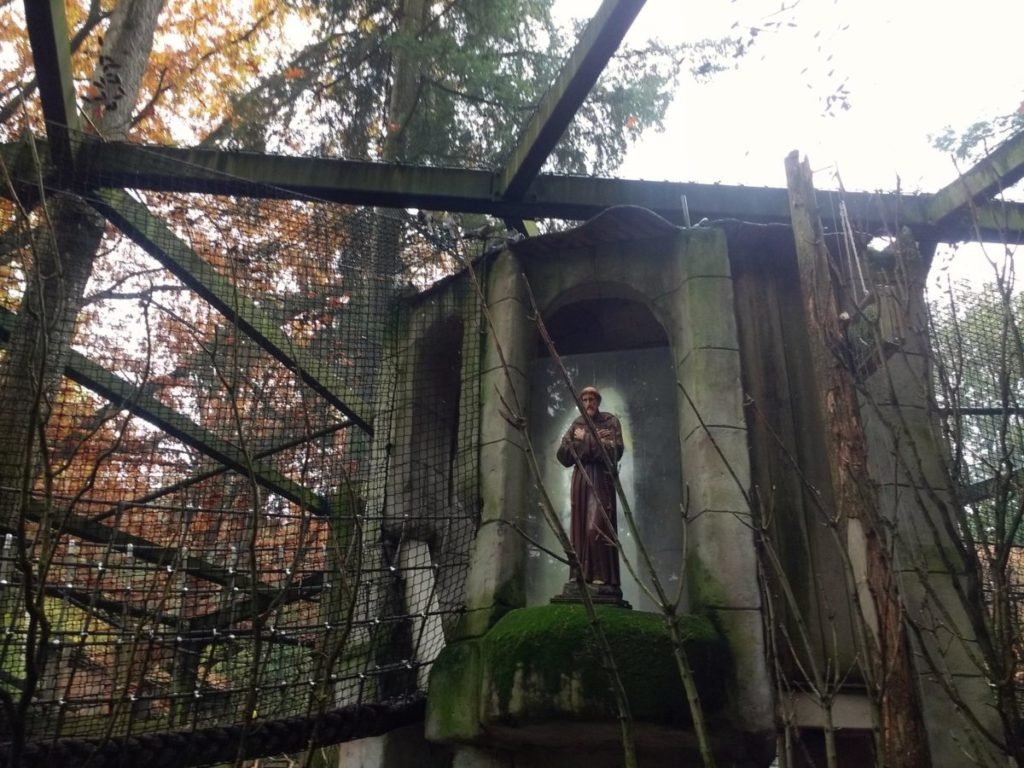My summer reading list (and Spring) centers around the writings of Thomas Merton. After sifting through his prose and poetry I think the most amazing thing about him is how many people lay claim to him and find a sense of permanency in his writings. It is as though his thoughts formed in solitude in the forests of Kentucky were destined to travel outbound, arriving as the first French Trappists first arrived, sailing up the Mississippi river from New Orleans to the Abbey of Gethsemani.
A Roman Catholic from the age of twenty-three, Merton nonetheless became a forerunner (in the 1950s) in establishing the dialogue between Buddhism and Christianity. In The Other Side of the Mountain there are references to Suzuki, the Dalai Lama, and Thich Nhat Hanh. He mentions at one point that wherever he needs to go, he finds Zen Buddhism in the middle of it. He is equally likely, however, to mention Denise Levertov, Wendell Berry, or Bob Dylan. His cross appeal to poets and musicians is understandable; his writing is lyrical and achingly beautiful at times.

Merton’s nature writings have been compiled into a book titled When the Trees Say Nothing. It is clear within these passages that Merton became a competent naturalist and forester who believed without reservation in the divinity of the natural world, the seasons, and the creatures he co-existed with in the woodlands of Kentucky. There is an image in Rain and the Rhinoceros of Merton hunkered down in his cabin in a soft storm, heating oatmeal and toast for dinner on a Coleman stove. His passages about the rain are among the most beautiful ever written and his words—as we now know in this age of water shortages—eerily prophetic: The day will come when they sell you even your rain . . .
As for me, I find Merton’s spirit in the forests of Virginia, particularly at le point vierge, around 4:45a.m when the quiet seems the original quiet, the original Genesis of creation just before the silent flash of light where life began, noiseless and undifferentiated. Every morning offers this virgin point. I think Merton’s brilliance in the end may be that he offers a Christian god who also walks with us out into the trees, past the mountains, to a point of untainted nothingness.
An Old Jeep Trail
by Sharon Ackerman
It cuts up the ridge
once graded and graveled
but only the larger stones remain,
moss risen in waves
to cover them. We used
to peel back the soft green caps,
beetles and ants
scattered and someone once
explained to me; this is home.
Plantain came on top
of the moss, then snake-berries
and dandelion, a single bright line
of buttercup grew on rock
and crevice. I know now that over time
the earth becomes more of itself,
not less, the trail of how we get
to anywhere fades to nothing.
Ask me if I believe in God
and I will keep on walking.

Share this post with your friends.

